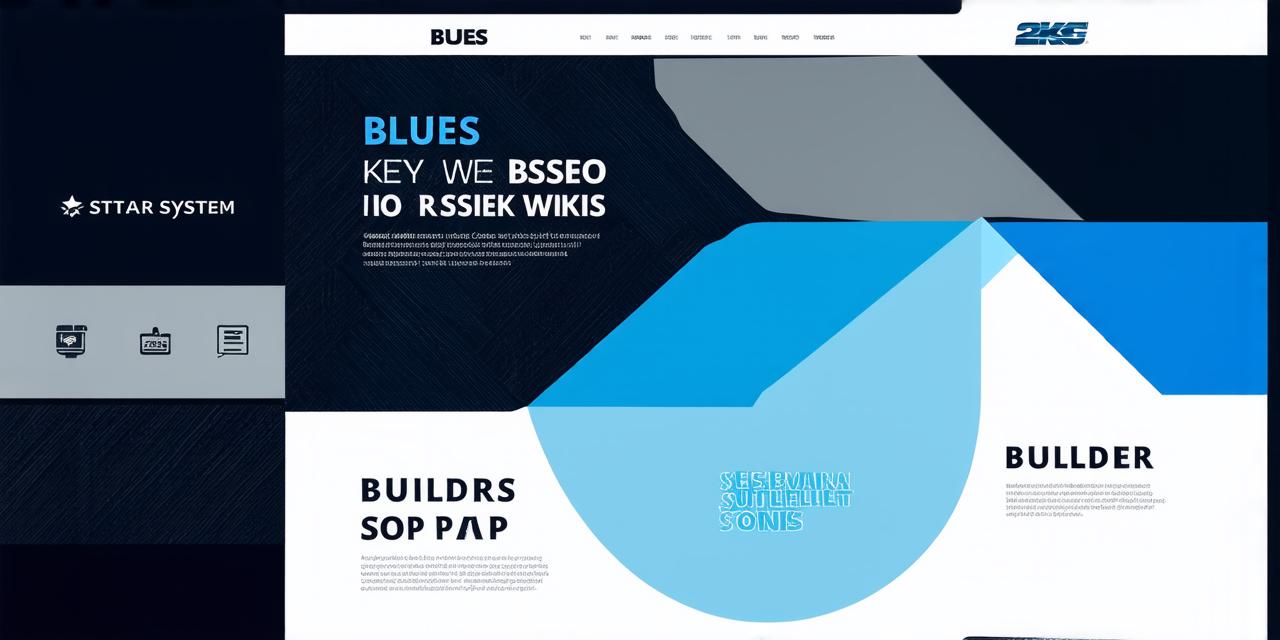In the dynamic world of web development, finding the perfect platform that seamlessly blends design, functionality, and SEO is no small feat. Today, we delve into the realm of website builders that excel in SEO, empowering developers to create sites that not only look great but also rank high on search engines.
The SEO-Friendly Trio: Wix, Squarespace, and Weebly

Three names consistently surface when discussing SEO-friendly website builders: Wix, Squarespace, and Weebly. Each offers unique features that cater to the needs of developers and businesses alike.

1. Wix: Known for its user-friendly interface, Wix provides a plethora of SEO tools. With built-in meta tags, XML sitemaps, and mobile optimization, Wix ensures your site is easily crawlable by search engines. Case in point: A study by Ahrefs found that Wix sites rank well for their respective keywords.
2. Squarespace: This platform offers a clean, modern design aesthetic while maintaining an SEO focus. Squarespace’s automatic SSL encryption and mobile optimization are just the tip of the iceberg. Its blogging capabilities also make it a favorite among content creators seeking high search engine visibility.
3. Weebly: Weebly’s SEO tools include customizable title tags, meta descriptions, and URL structures. Moreover, its built-in SEO checker helps developers optimize their sites effectively. A case study by Moz found that a site built on Weebly ranked within the top 10 results for its targeted keywords in just three months.
The Power of Customization: WordPress
While not a traditional website builder, WordPress, with its vast array of SEO plugins like Yoast SEO and All in One SEO Pack, offers unparalleled customization options. This flexibility allows developers to fine-tune their sites for optimal SEO performance. However, it requires a higher learning curve compared to the other platforms mentioned.
The Verdict: Choosing the Right Platform
When selecting a website builder for SEO, consider your technical skills, the nature of your project, and your target audience. If you’re a beginner or have limited technical skills, opt for user-friendly platforms like Wix, Squarespace, or Weebly. For those seeking more control and customization, WordPress might be the way to go.
